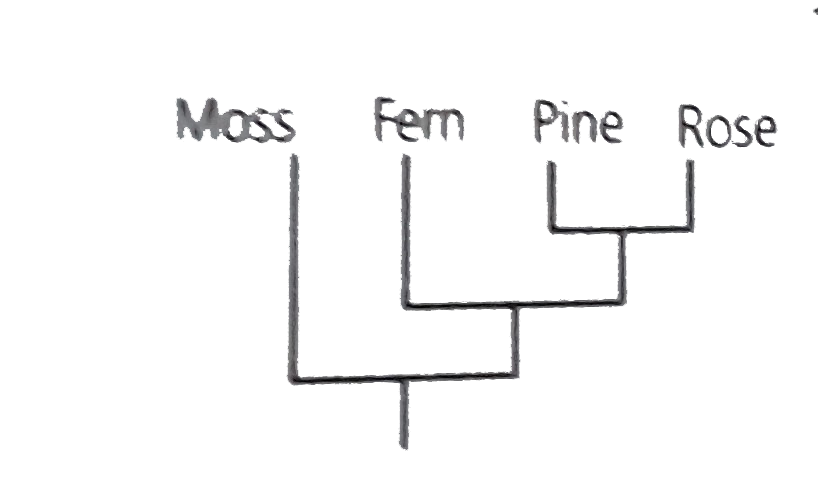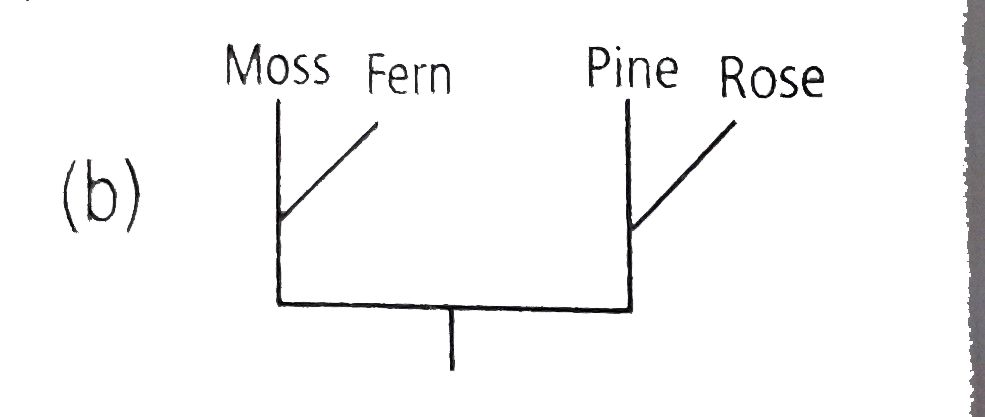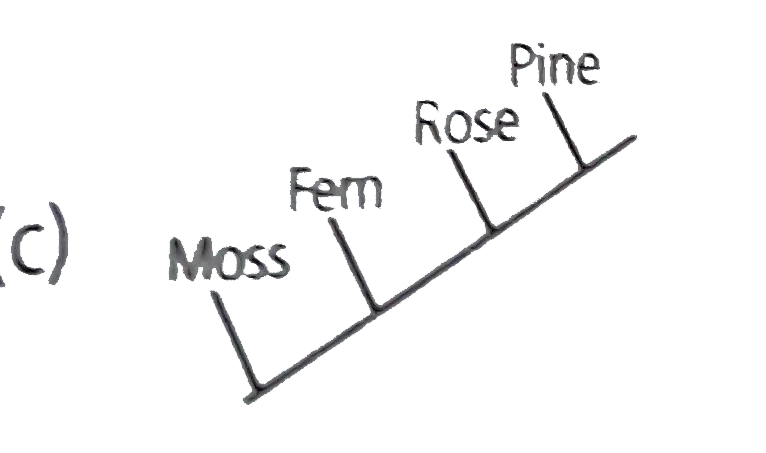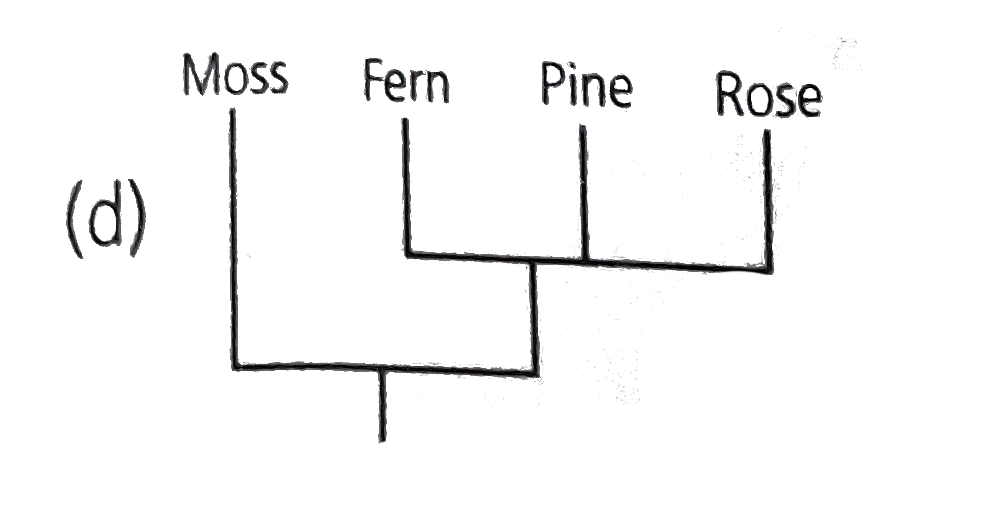Biological species is a
Exhaustible renewable resource
Inexhaustible natural resources
Inexhaustible renewable resource
Exhaustible non-renewable resource a
The correct Answer is:D
Step-by-Step Solution:
1. Understanding Biological Species:
- A biological species is defined as a group of individuals that can interbreed among themselves to produce fertile offspring. This definition helps us understand the nature of biological species in the context of biodiversity.
2. Identifying Biological Species as a Natural Resource:
- Biological species are considered a natural resource because they provide various ecological, economic, and social benefits.
3. Classifying Natural Resources:
- Natural resources can be classified into two main categories: exhaustible and inexhaustible.
- Exhaustible resources can be depleted over time (e.g., fossil fuels).
- Inexhaustible resources are those that cannot be depleted (e.g., solar energy).
4. Renewable vs Non-Renewable Resources:
- Resources can also be classified as renewable or non-renewable.
- Renewable resources can be replenished naturally (e.g., forests, fish populations).
- Non-renewable resources cannot be replenished once they are used up (e.g., minerals).
5. Analyzing Biological Species:
- Biological species fall under the category of exhaustible resources because if they are over-exploited or used excessively, they can become extinct. Once a species becomes extinct, it cannot be replenished, making it non-renewable.
6. Conclusion:
- Therefore, biological species are classified as exhaustible non-renewable resources. This conclusion is based on the understanding that their depletion can lead to extinction, and they cannot be naturally replenished once they are gone.
Final Answer:
Biological species are exhaustible non-renewable resources.
---
- A biological species is defined as a group of individuals that can interbreed among themselves to produce fertile offspring. This definition helps us understand the nature of biological species in the context of biodiversity.
- Biological species are considered a natural resource because they provide various ecological, economic, and social benefits.
- Natural resources can be classified into two main categories: exhaustible and inexhaustible.
- Exhaustible resources can be depleted over time (e.g., fossil fuels).
- Inexhaustible resources are those that cannot be depleted (e.g., solar energy).
- Resources can also be classified as renewable or non-renewable.
- Renewable resources can be replenished naturally (e.g., forests, fish populations).
- Non-renewable resources cannot be replenished once they are used up (e.g., minerals).
- Biological species fall under the category of exhaustible resources because if they are over-exploited or used excessively, they can become extinct. Once a species becomes extinct, it cannot be replenished, making it non-renewable.
- Therefore, biological species are classified as exhaustible non-renewable resources. This conclusion is based on the understanding that their depletion can lead to extinction, and they cannot be naturally replenished once they are gone.
Biological species are exhaustible non-renewable resources.
Topper's Solved these Questions
- BIODIVERSITY AND ITS CONSERVATIONBOOK - ICSECHAPTER - BIODIVERSITY AND ITS CONSERVATIONEXERCISE - COMPETITION CORNER (ASSERTON AND REASON TYPE QUESTIONS(FOR AIIMS ASPIRANTS))
16 Videos
- BIODIVERSITY AND ITS CONSERVATIONBOOK - ICSECHAPTER - BIODIVERSITY AND ITS CONSERVATIONEXERCISE - REVIEW QUESTIONS
11 Videos
- BIOLOGY -2017BOOK - ICSECHAPTER - BIOLOGY -2017EXERCISE - PART-II ( SECTION-C)
11 Videos
Similar Questions
Knowledge Check
A phylogenetic tree or evolutionary tree is a branching diagram shown the inferred evolutionary relationships among various biological species. Which of the following phylogenies is correctly represented?
A B
B C
C D
D
Which is not applicable to the biological species concept?
AHybridisationBNatural populationCReproductive isolationDGene pool
study the four statements (A-D) given below and select the two correct ones out of them
(A) Definition of biological species was given by Ernst Mayr
(B) photoperiod does not affect reproduction in plants
© Binomial nomenclature system was given by R.H Whittaker
(D) In unicellular organisms, reproduction is synonymous with growth
The two correct statments are
View SolutionDefine biological species.
View SolutionWhat is true about assertion a and reason r?
Assertion a. The 'biological species' concept helps us to ask how species are formed.
Reason r. The concept of biological species focusses our attention on the question of how reproductive isolation comes about
(a) Both a and r are correct but r does not explain a
(b) Both a and r are correct and r is true explanation of a
(c) both a and r are not true
(d) Only a is true, r is not correct
View SolutionThe name biological scissors is given to
View SolutionThe seat of a number of biological process in a cell is
View SolutionBiological molecules are primarily joined by
View Solution
